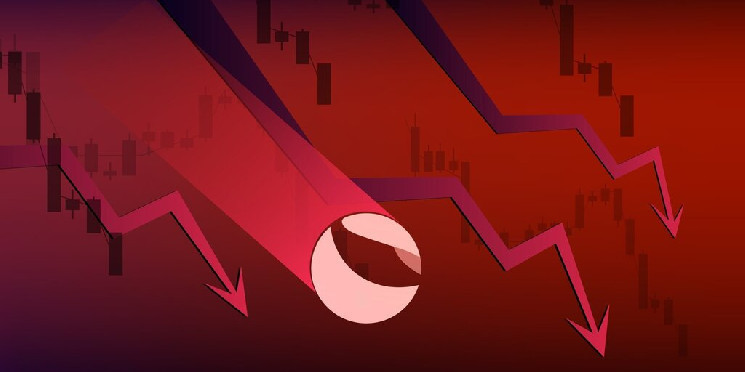Judge Jed Rakoff of the U.S. District Court Southern District of New York granted the SEC summary judgment on claims that Terraform offered unregistered securities and security-based swaps—meaning that those matters will not be up for debate when the SEC’s case against the company and its founder goes to trial.
The jury in the case, should it not be settled beforehand, will now only be asked to determine other elements of the securities fraud charges, such as whether Kwon misled or deceived customers about the security of Terraform’s financial products, including the algorithmic stablecoin UST.
In May of last year, UST—a so-called algorithmic stablecoin meant to remain equal to the U.S. dollar, despite boasting no cash reserves—collapsed, wiping out some $60 billion worth of value and triggering a crypto winter that has not yet subsided.
The SEC, in addition to seeking to label Terraform’s issuance of multiple cryptocurrencies as illegal unregistered securities offerings, has also alleged that Kwon engaged in a scheme to deceive investors about the nature and security of UST’s $1.00 peg.
In late October, Kwon’s attorneys attempted to dismiss the case, arguing that the SEC had failed to prove that Terraform offered securities or engaged in wrongdoing. On at least one of those points, the judge was clearly unconvinced.
>be me
>take short nap
>wake up
>stablecoins are securities— _gabrielShapir0 (@lex_node) December 28, 2023
Should the trial proceed as scheduled, jury selection will begin on January 29 in lower Manhattan.
The SEC case is just one of several legal woes afflicting Kwon at the moment. In March, the Department of Justice charged the crypto founder with eight criminal counts of fraud. That same day, Kwon was arrested in Montenegro after running from charges in his native South Korea.
Now, American, South Korean, and Montenegrin prosecutors all want a piece of him. Earlier this month, a Montenegrin judge halted the U.S. government’s request to extradite Kwon, which is currently under review.
 decrypt.co
decrypt.co
